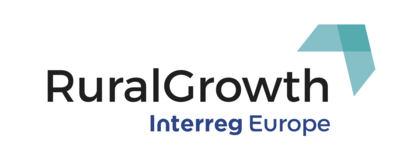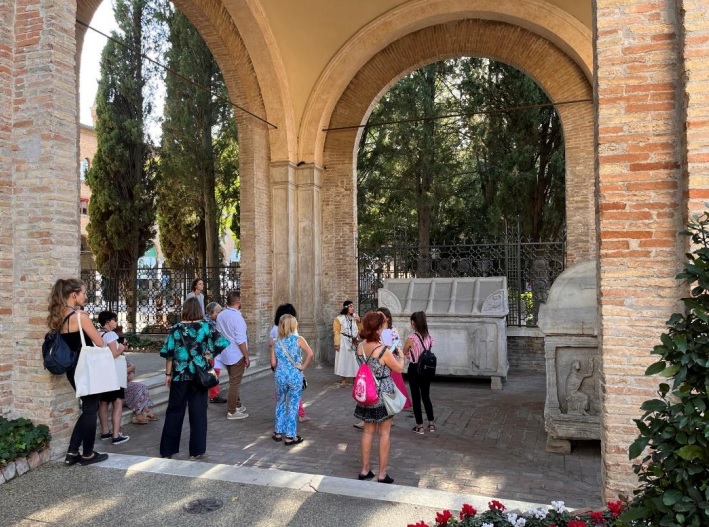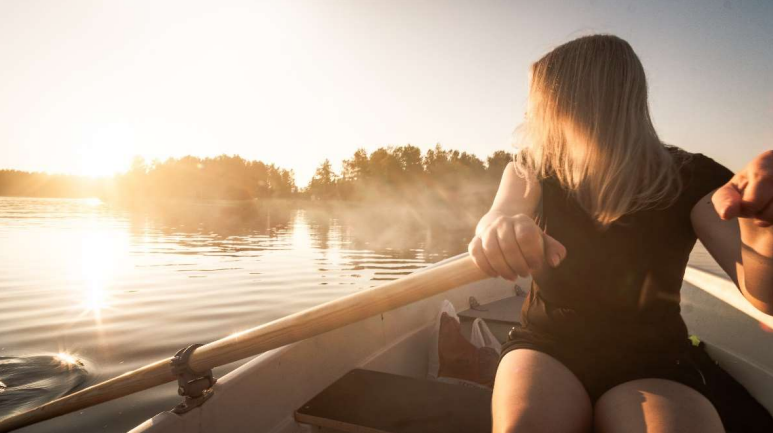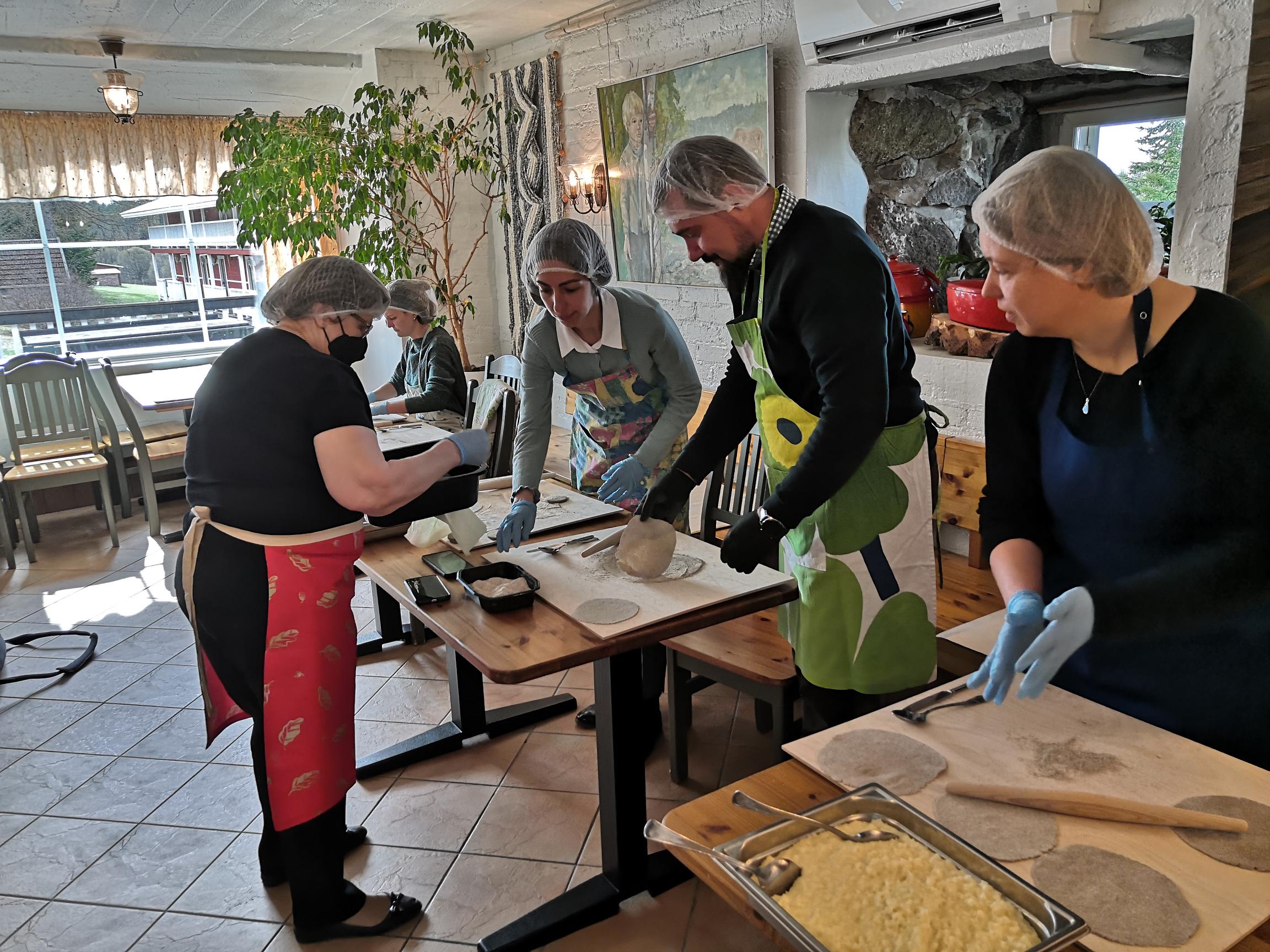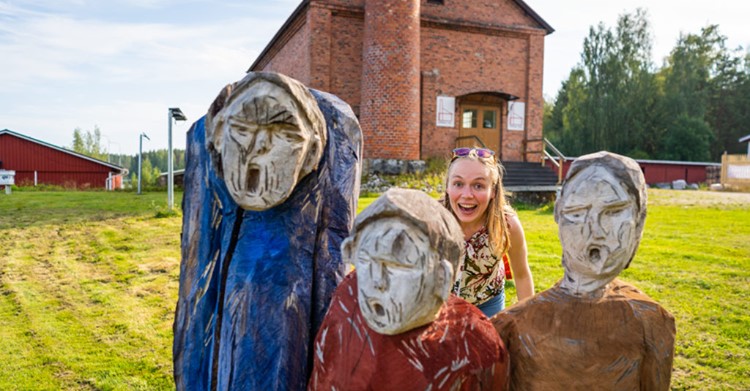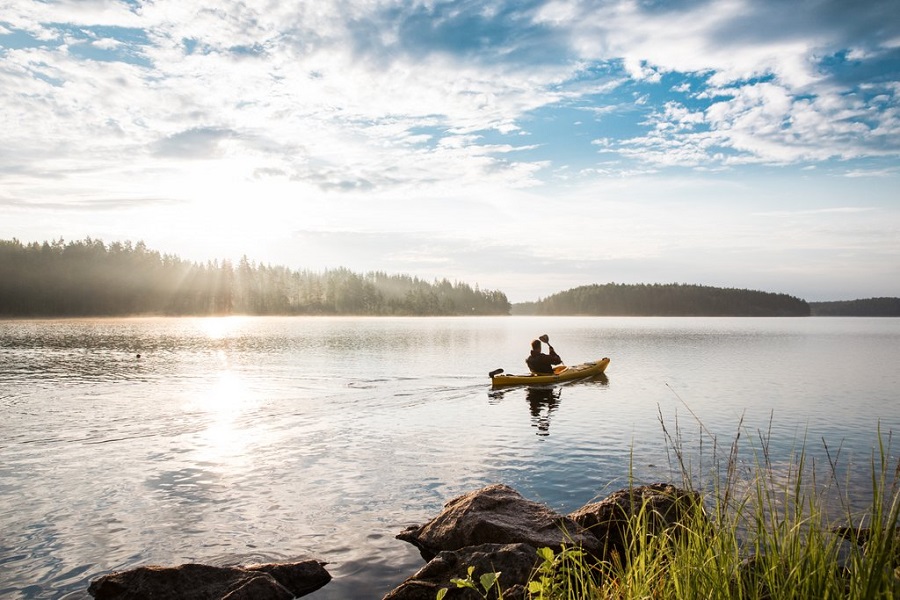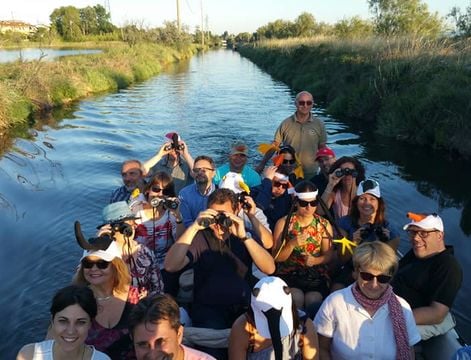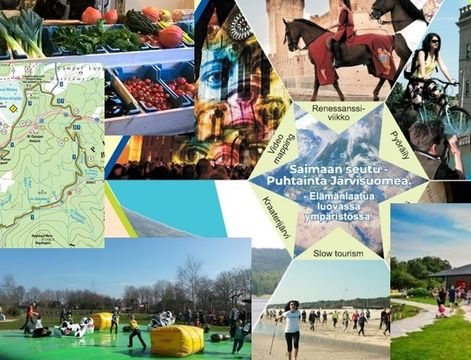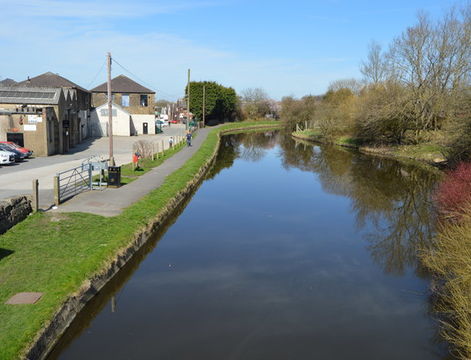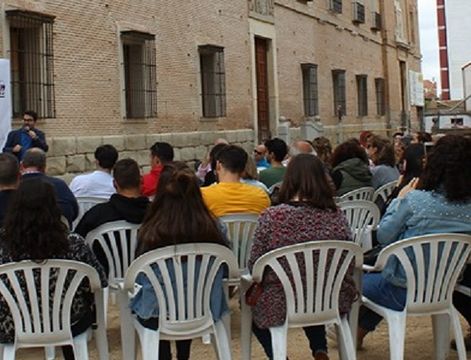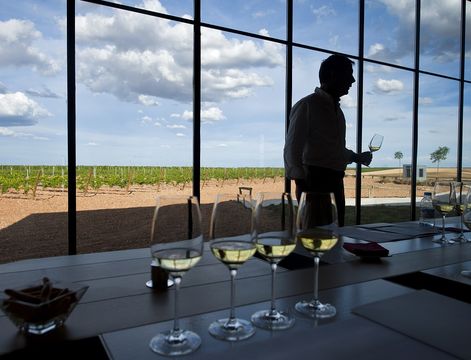The consortium of Rural Growth project is pleased announce the grant of extension project with a budget of 376 000 € with a 15 % co-financing by the partners. The extention project will be launched on Oct. 1st. The original Rural Growth consortium will resume work, consisting of Nagykanizsa (Hungary, lead partner), Province of Drenthe (The Netherlands), City of Savonlinna (Finland), Delta 2000 (Italy), Medina del Campo (Spain), Harghita County (Romania) and Newcastle University (UK).
The original Rural Growth project was very successful in facilitating the development of rural visitor economy with new initiatives and policy change based on interregional learning. These included development of local hospitality based cultural and nature tourism, transformation of rural economy from primary production into visitor economy, promotion of events industry, development of cultural heritage assets as engines of economic development and the management of protected areas as visitor attractions. The project also addressed challenges related to marketing, distribution and destination branding and identified, reported and transferred between regions good practices to address these challenges and opportunities.
The final conference of Rural Growth project was organized online under covid-19 and with heavy restrictions of the early phases of the pandemic. Since then, rural visitor economy has taken a hit from travel restrictions with tourism sector periodically suffering heavily from loss of its customer base. On the other hand, some regions have experienced unprecedented influx of new tourism demand from visitor looking for a safe haven from the pandemic and discovering alternative domestic destinations due to restrictions of international travel.
The partners all agreed about the utmost importance of sharing experiences and good practices related to dealing with the pandemic and recovery in the post-covid-19 situation. Some policies implemented on the basis of Rural Growth e.g. in the area of event industry are still in a precarious situation, whereas e.g. demand for outdoor recreation opportunities has significantly increased. The partners a looking forward to supporting each other and sharing experiences to support the recovery of regional economies after the pandemic. An important aspect is understanding of the change of tourism demand in the new circumstances and adaptation to the new type of demand.
When the partners reconvened to consider the extention to the project, it was discovered that a number of innovative measures had been taken and new initiatives had emerged in PP regions to help adapting the sector to the new reality. These included e.g. product development coaching for tourism SMEs (eg. on pop-up events, outdoor activities, consideration of safety issues); creating new visitor profiles and targeted joint online promo campaigns for domestic tourists; employing rapid development cycles based on monitoring changes in customer demand and organizing online training webinars for local tourism operators; creating an online platform integrating quality visitor services and experiences; introducing a family-friendly certificate attracting families to locations where special attention is paid to them through services/specific programs; organising info trips for tourism influencers, bloggers, specialists, to be followed by promotion materials in mass and social media leading to an increased number of visitors.
The current project will examine these good practices and update the Status Quo analysis of the visitor economy by PP regions based on which 2 online and 2 physical exchange of experience workshops will be organized and stakeholders engaged to reach policy change that help visitor economy to recover from the pandemic.
